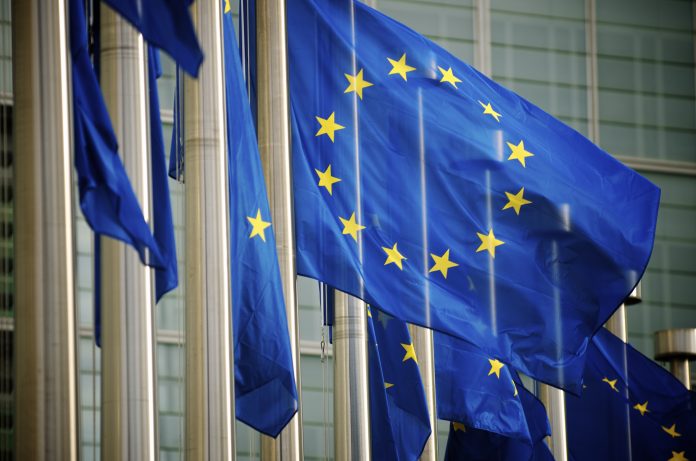The European Commission has revealed a strategy to accelerate the growth of the biotechnology and biofactory sectors across the EU
This strategy, outlined in the Communication on Building the Future with Nature, highlights the role of these technologies in modernising various sectors, including agriculture, forestry, energy, food and healthcare.
The series of strategies set to excel in growth
Recognising the challenges impacting the sector’s progress, the Commission has proposed a series of strategies to push growth.
1. Using research and innovation:
A study has been created to assess the EU’s place in emerging biotechnology and accelerate technology transfer.
Efforts are also being made to speed up the development and utilisation of the Industrial Biotechnology Innovation and Synthetic Biology Accelerator (EU IBISBA) to support innovation.
2. Promoting market demand:
To encourage the use of bio-based products, the Commission aims to ensure equitable treatment between fossil-based and bio-based products while incorporating methodologies for carbon storage in construction materials.
Plans are also in place to conduct impact assessments for bio-based content requirements and explore labelling schemes for bio-manufactured products.
3. Streamlining regulatory pathways:
Recognising regulatory complexities as a hurdle, the Commission will explore avenues to streamline EU legislation, potentially leading to the introduction of an EU Biotech Act.
An EU Biotech Hub is also thought to assist companies in navigating regulatory frameworks efficiently.
4. Promoting investments:
The EU will strengthen various financing tools to support biotechnology and biomanufacturing, supporting the inclusion of specific challenges in the European Innovation Council Accelerator Work Programme.
A study will also be launched to identify barriers to investment consolidation and propose solutions to facilitate financing for high-growth companies.
5. Strengthening skills:
Large-scale partnerships will be developed to provide upskilling and reskilling opportunities in biotech and biomanufacturing, supported by initiatives like the Erasmus+ programme.
Collaboration with European University alliances aims to support the development of skills required for the sector.
6. Elaborating standards:
Efforts to encourage the development and updating of European standards for biotechnology and biomanufacturing will facilitate market access and innovation.
7. Supporting Collaboration:
Encouraging the development of biotechnological processes across EU regions and fostering international partnerships with key stakeholders such as the US, India, and Japan will be prioritised to enhance research, technology transfer and market access.
8. Harnessing AI:
The Commission will support the uptake of Artificial Intelligence, particularly Generative AI, in biotech and biomanufacturing, facilitating access to EuroHPC supercomputers for AI startups and innovators.
This strategy emphasises the EU’s commitment to fostering innovation, sustainability, and economic resilience through biotechnology and biomanufacturing.
With concerted efforts and Collaboration, the EU aims to position itself as a global leader in this transformative field.











